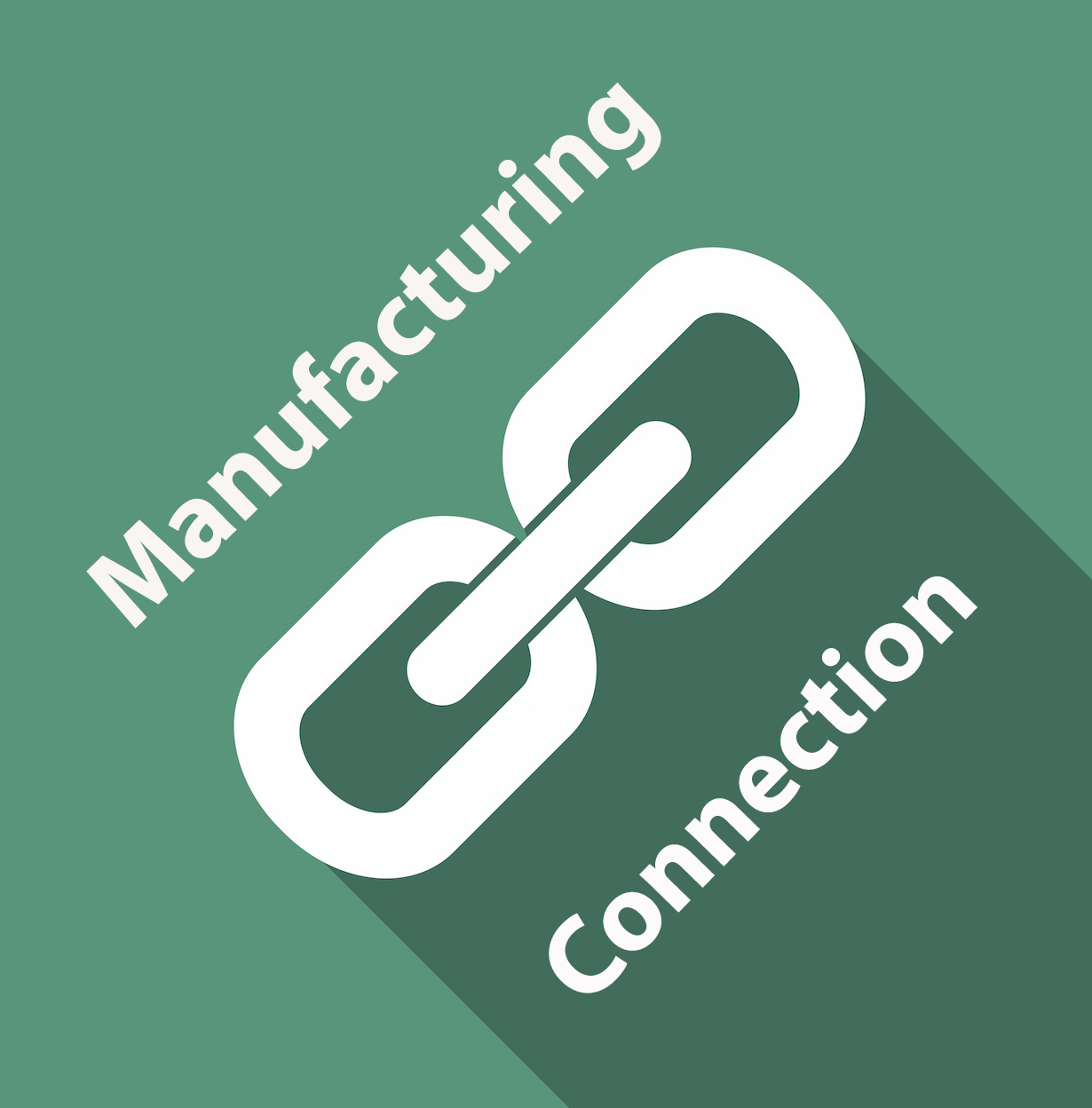
by Gary Mintchell | Aug 22, 2016 | Automation, Operations Management, Software, Technology
Industry 4.0 provokes much discussion with little understanding. It began as a German government initiative ostensibly to support the German machine building industry. The idea was picked up in a variety of forms by other governments.
Exploring Industry 4.0 leads me to Tim Sowell’s latest blog post. Tim is a Schneider Electric Fellow and VP of System Strategy at Schneider Electric in the Common Architecture team in R&D. He is also the last remaining (that I can find) true blogger in the space. The company blogs have pivoted from blog format offering information and opinion to more of a press release format—where they use the Webpage to get out a company message directly to readers rather than going through the unreliable filter of the trade press. Sowell offers thoughtful discourse on important topics of the day.
If I thought I could meet with Tim and Stan DeVries at the upcoming Wonderware user conference, I’d make plans to get down there. As it is, the trip would lead to about five weeks of travel in a row. That is more expense and time away from home than a one-person entrepreneur can afford.
Sowell lists this set of viewpoints which are discussed in the white paper:
- Industry 4.0 is about the transformation from controlling focusing on process to “controlling the product/ order” and the “product/ order being self aware”.
- Industry 4.0 is about operations transformation, not about technology.
- Industry 4.0 provides a practical strategic framework for “lean” and “agile” industrial operations.
- Industry 4.0 addresses the needs of discrete and batch manufacturing, but it needs some adaptation for the heavy process and infrastructure industries.
He adds, “Cloud computing and IT/OT convergence are often linked to implementing Industry 4.0, but these need some adaptation to address “trustworthiness” of the architectures. One emerging topic is Fog computing.”
He argues that automation and operation management technologies are more relevant than ever before. Also important are information standards such as “IEC 61850/ISO9506, ISA-95/ISO62264, PRODML etc.”
You need to go back and read his entire paper. He discusses benefits of adopting this way of thinking about manufacturing (discrete and process). He looks at use cases. And the foundation of Industry 4.0—it requires better information, not just more data.

by Gary Mintchell | May 19, 2016 | Operations Management
Hannover Messe was all about Digital Manufacturing this year. One place I could not make in person was a demonstration by Accenture and Dassault Systèmes. This just goes to show the great convergence of digital technologies improving manufacturing processes.
The companies built a proof of concept (PoC) to show how digital technologies can improve efficiency and create more agile manufacturing in industries such as heavy industrial equipment and aerospace.
Working with a large industrial equipment company, Accenture and Dassault Systèmes are building and implementing a three-phase solution that harnesses digital technologies to create a link between engineering and the manufacturing shop floor for non-repetitive manufacturing companies. The adaptive solution provides a new level of continuity for product assembly including the sequence in which parts are built, and provides a better level of insight into the process for engineers and the assembly staff.
The first phase of the agile manufacturing solution creates the theoretical assembly sequence required to build a product such as a train, airplane or digger. Phase two helps create, optimize and re-plan quickly an operational plan and schedule for each worker on the shop floor. The third phase creates a digital display of the schedule for each worker so they are able to refer to it. These three phases use Dassault Systèmes’ solutions.
Replacing what has often been a paper-based process, Accenture and Dassault Systèmes are creating a solution that provides a new digital link between the engineering team and the shop floor, allowing for real-time changes in the schedule. The agile manufacturing solution can also provide insight and risk assessment into any proposed changes to a product or the assembly schedule before they are made, greatly reducing downtime and creating more agile manufacturing.
“Many companies struggle to improve manufacturing flexibility and sustain unexpected commercial or technical changes when production issues, missing parts or engineering modifications occur,” said Eric Schaeffer, senior managing director and head of Accenture’s Industrial practice. “A dedicated agile manufacturing solution will provide flexibility for configuration management and the ability for local plants to personalize products, as well as support for maintenance services.”
“The Industrial Internet of Things and other digital concepts are allowing manufacturers to embark on a new era of productive, sustainable and cost-effective processes that result in a better experience for their customers,” said Laurent Blanchard, Executive Vice President, Global Field Operations (EMEAR), Worldwide Alliances and Services, Dassault Systèmes. “We are extending our long-standing collaboration with Accenture to drive agile manufacturing in the age of experience. Companies can benefit from Dassault Systèmes’ expertise in virtual manufacturing operations and data management applications and Accenture’s best practices in integration services, business process re-engineering, change management and deployment.”






